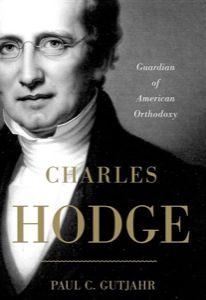 I just received a brand-new book in the prestigious Oxford Studies of Historical Theology series. It’s by an accomplished young historian by the name of Paul C. H. Lim.
I just received a brand-new book in the prestigious Oxford Studies of Historical Theology series. It’s by an accomplished young historian by the name of Paul C. H. Lim.
At Vanderbilt University, Lim is Associate Professor of the History of Christianity in the Divinity School, Associate Professor of Religious Studies, and Affiliated Faculty in the Department of History. His scholarship is animated in many cases by the intersection of Christianity and rationalism, a subject I find myself regularly pondering (though my ponderings have not yet been published by Oxford!).
Lim’s newest contribution is Mystery Unveiled: The Crisis of the Trinity in Early Modern England (Oxford, 2012). I am just beginning to make my way through this meaty book (the best kind–give me hundreds of pages and I am a happy man). I cannot therefore comment on all its facets, but I can say that I am finding it stimulating, richly sourced, and historically illuminating (the material on Richard Baxter, for example, will surprise many familiar with his orthodox pastorate). Pick it up here.
Here’s a blurb from a Cambridge University professor that should entice you to buy if you’re on the fence:
“This is unquestionably a book of very high intelligence and immaculate scholarship, equally impressive on Late Reformation biblical and patristic hermeneutic and on the work of Hobbes and other proponents of heterodoxy. Although on one level this is an engagement with a limited number of very difficult texts, the contexts are exceptional in range and importance. This is a profoundly resonant study.”–John Morrill, Selwyn College, University of Cambridge











